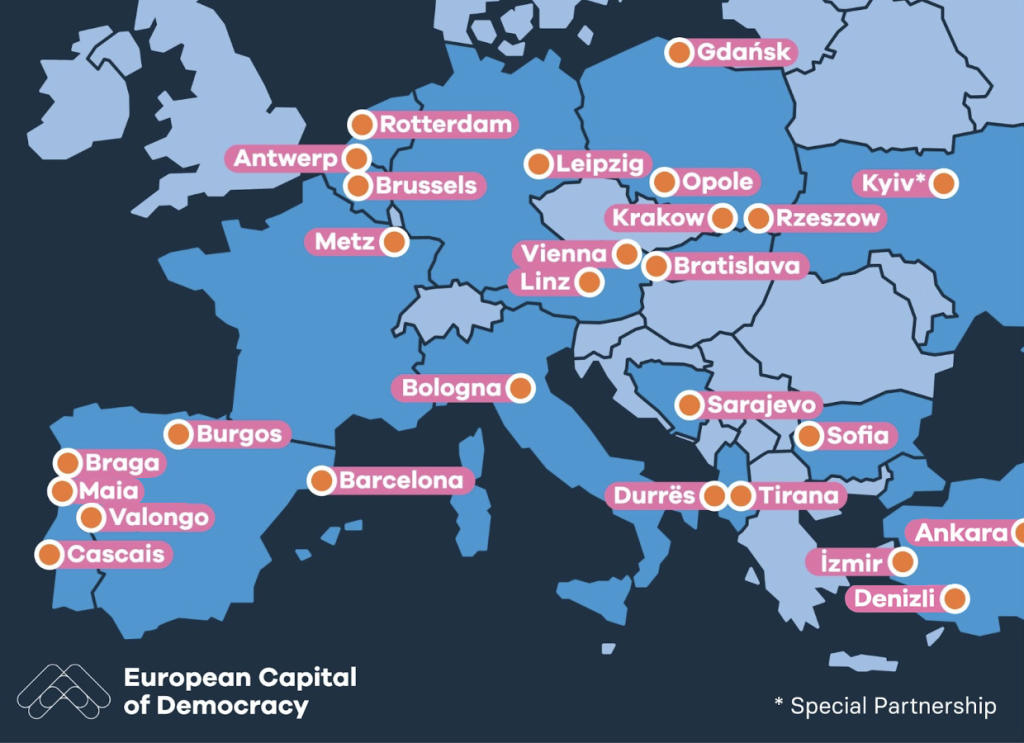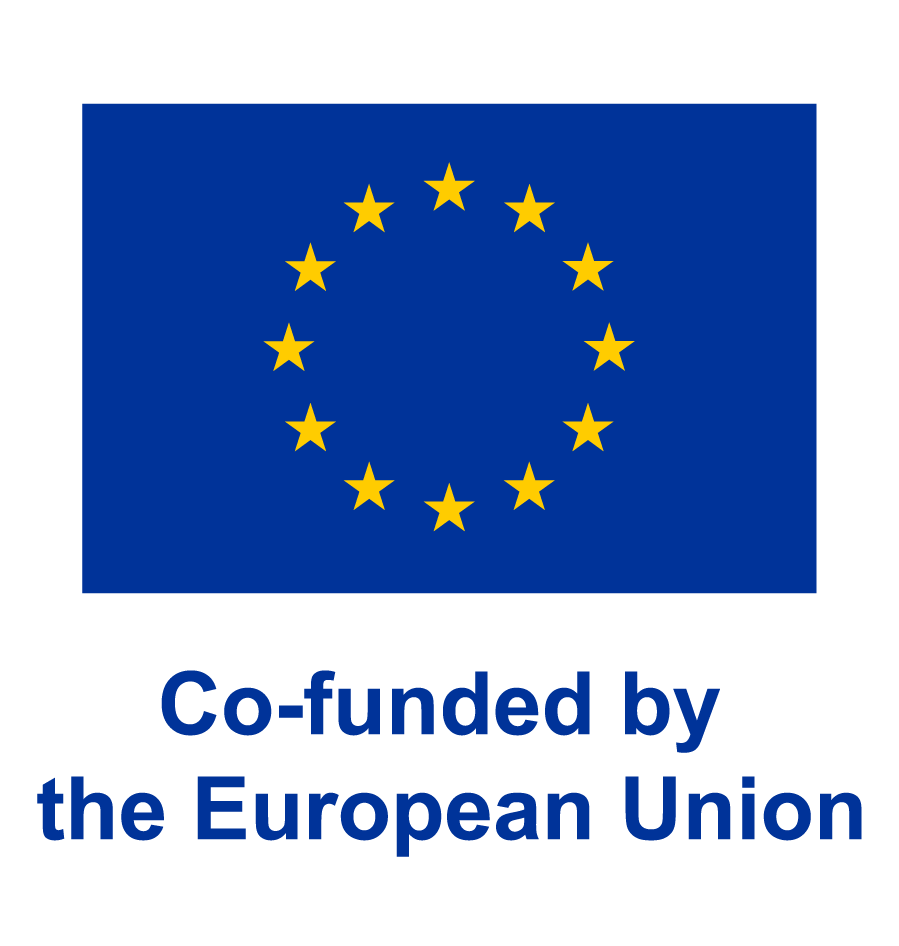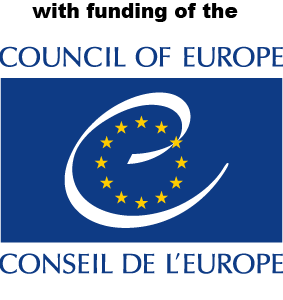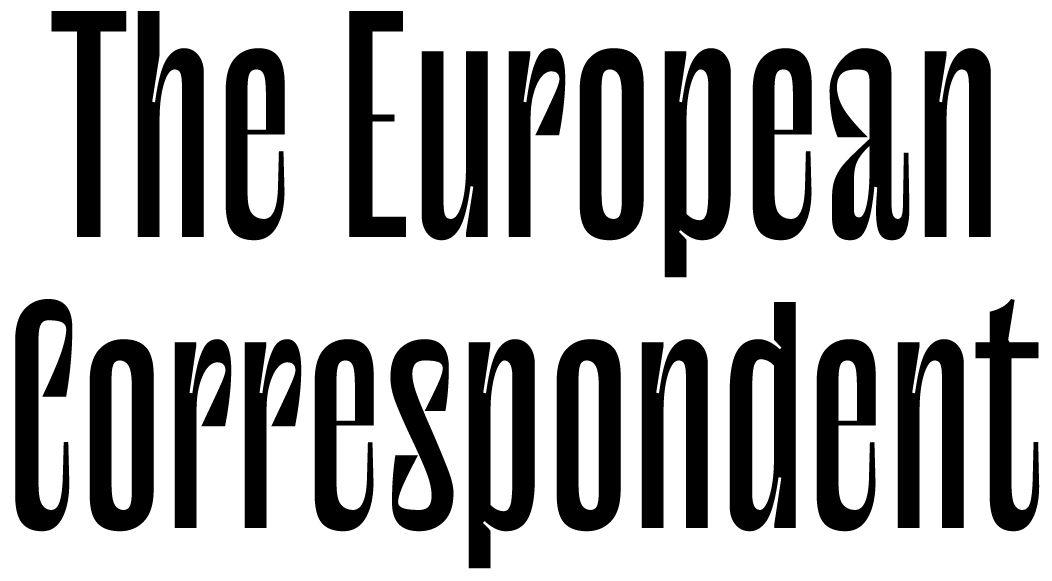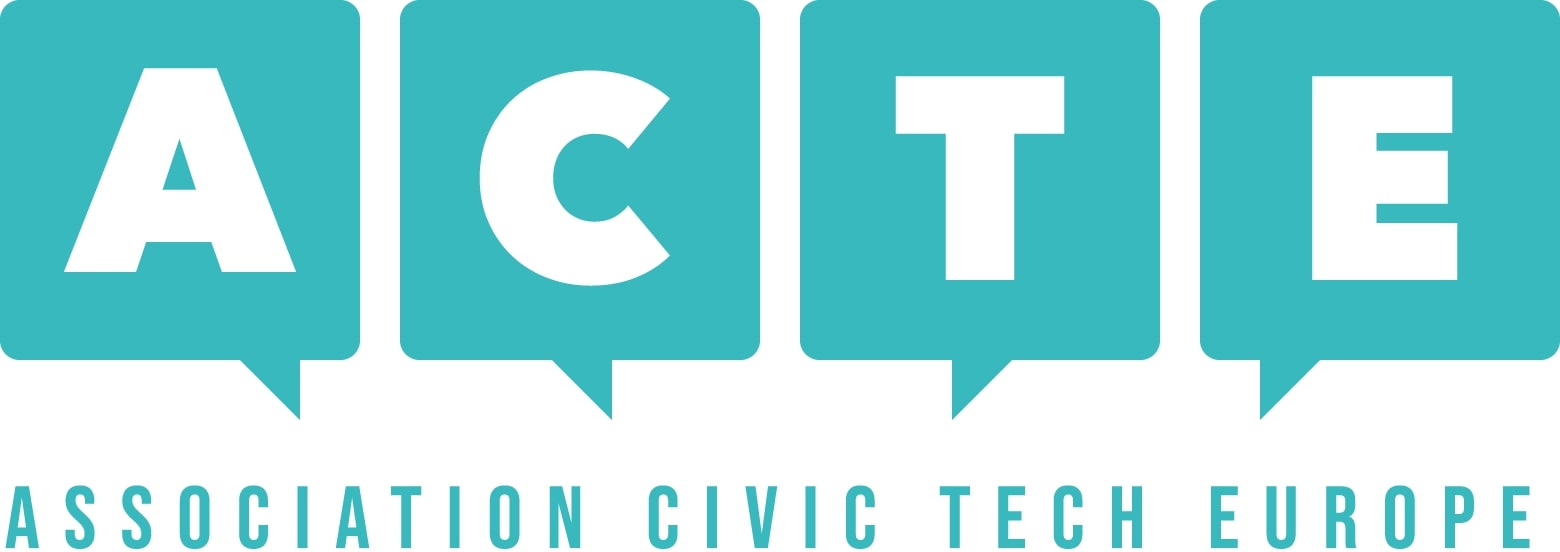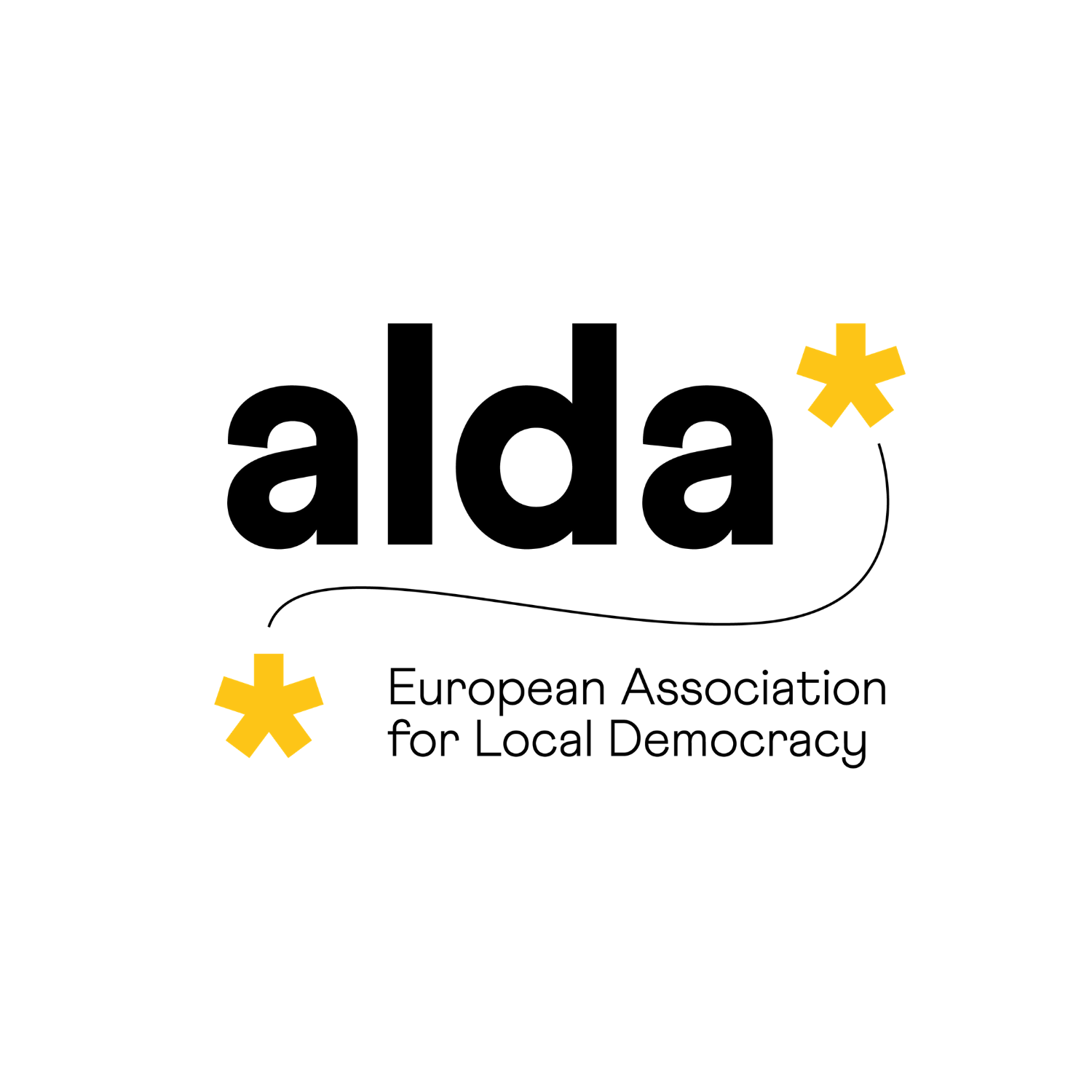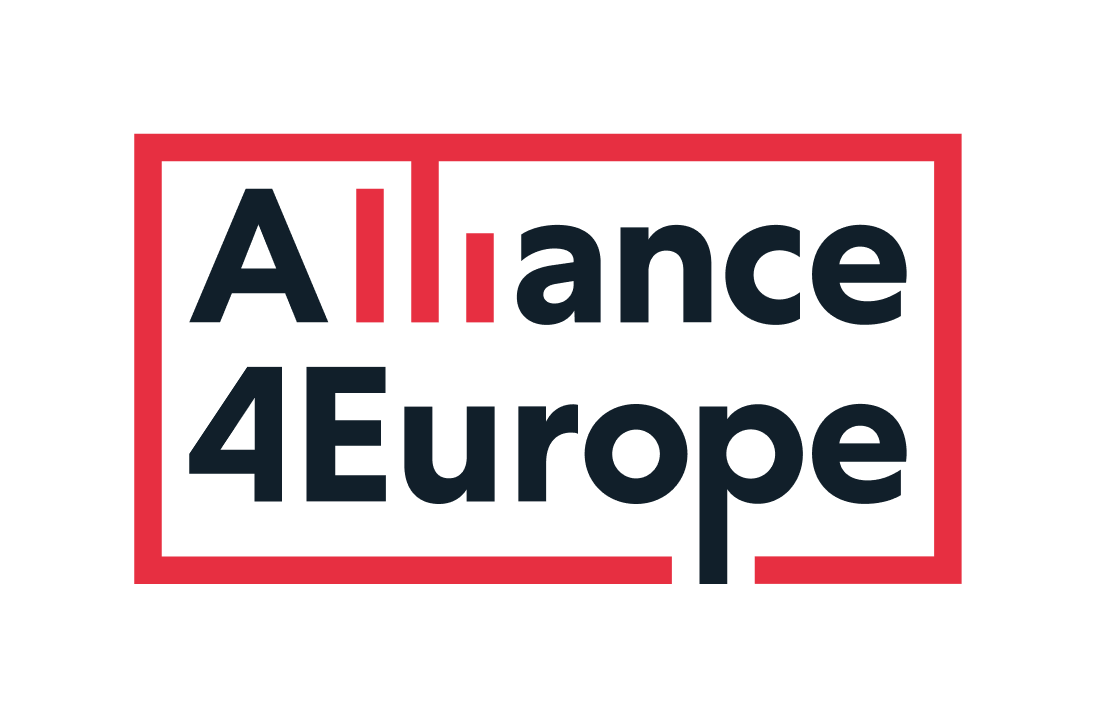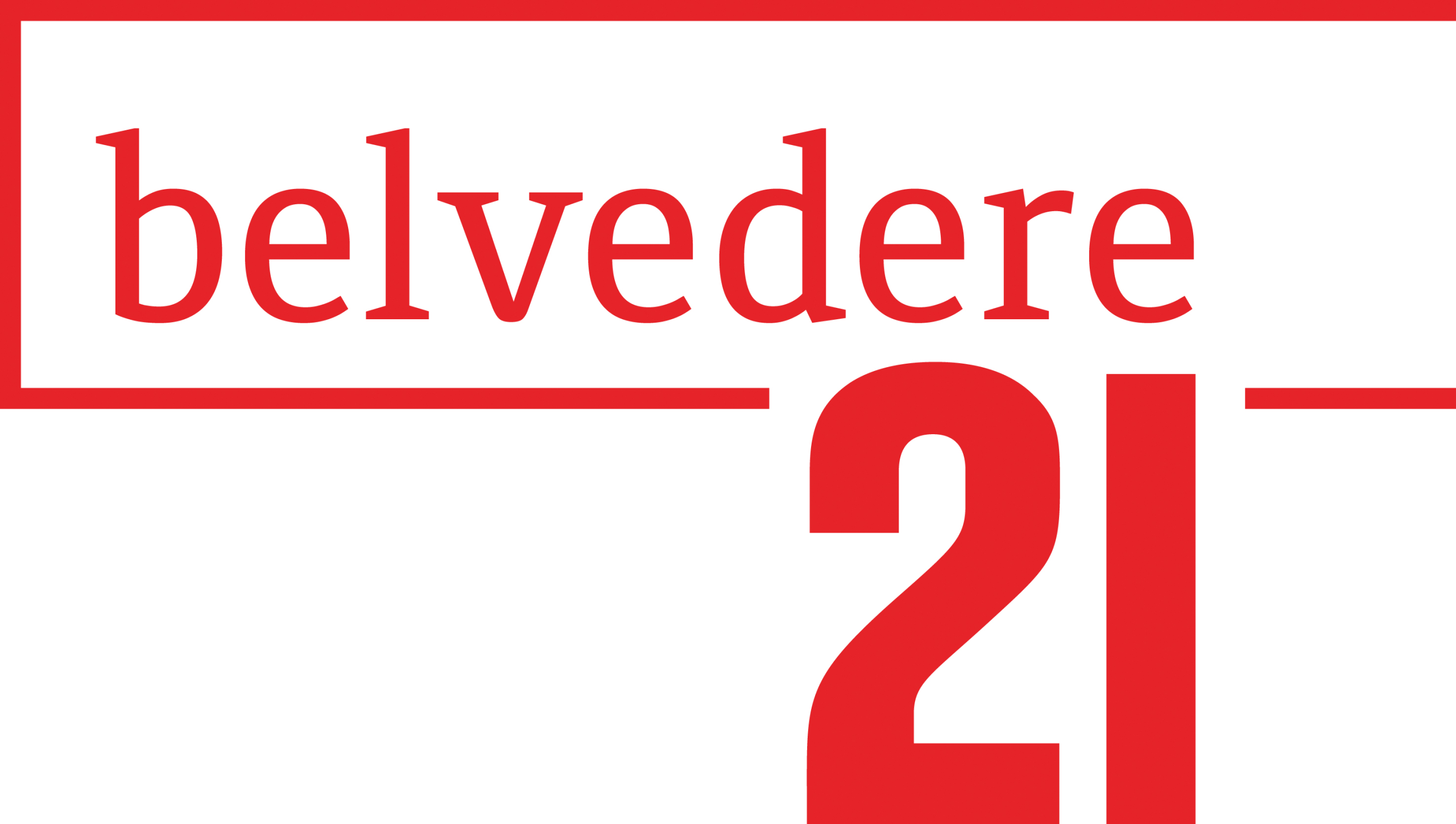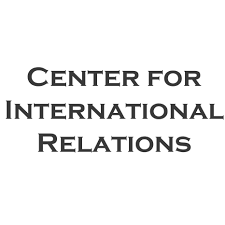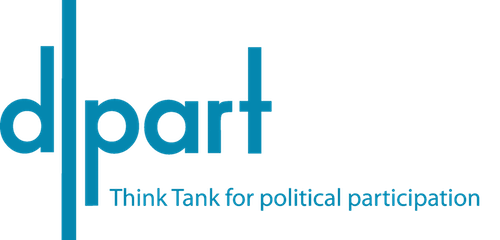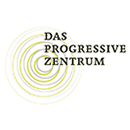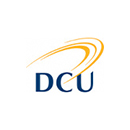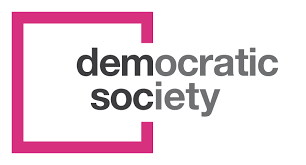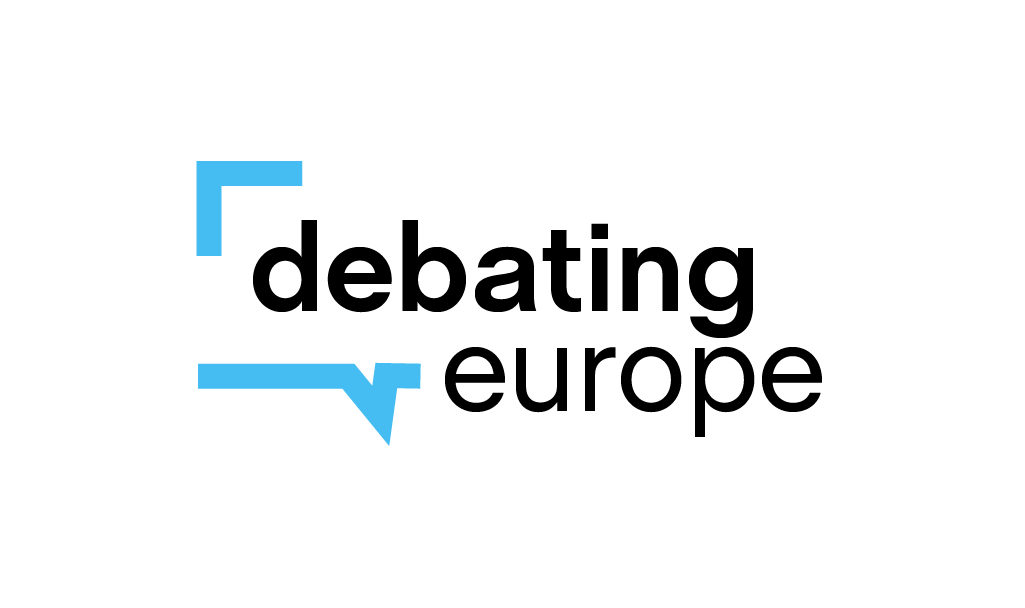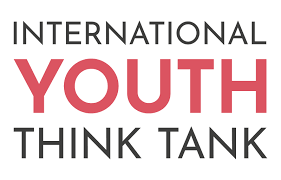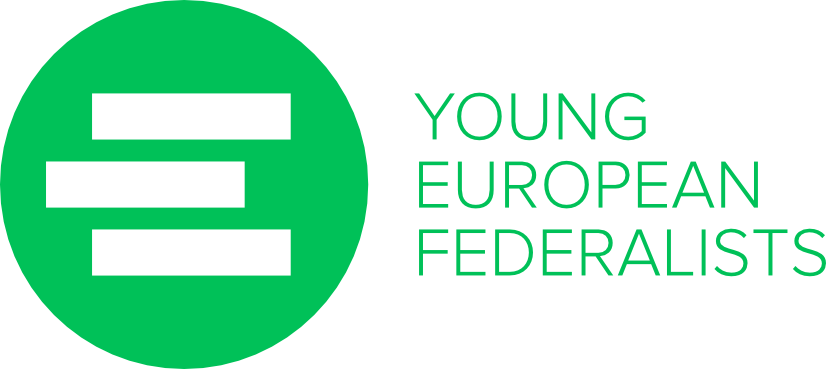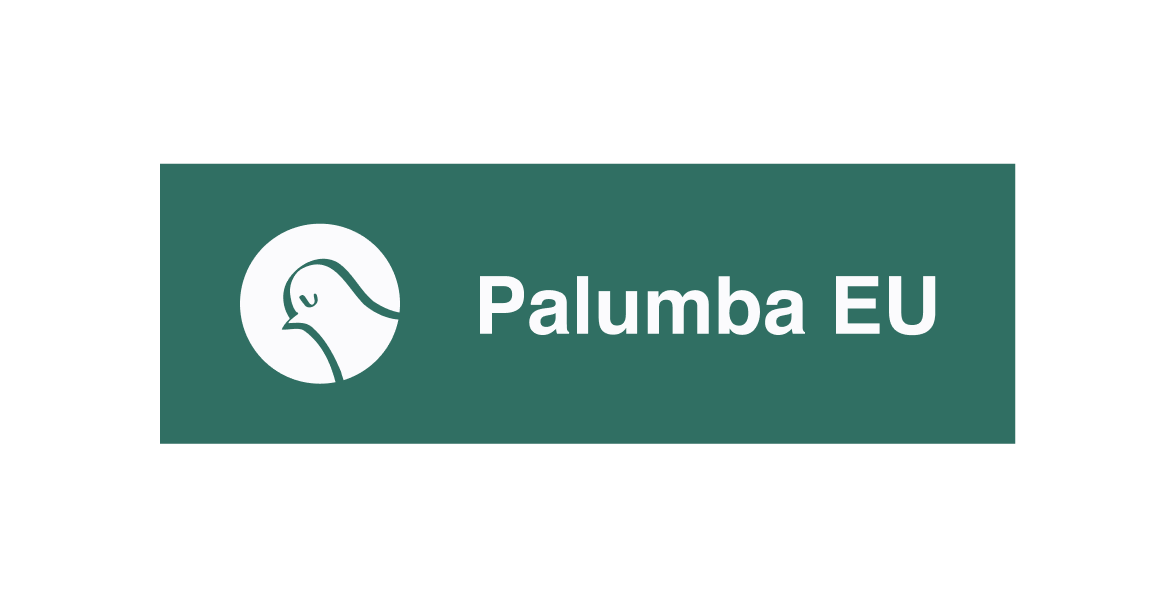Four Cities are competing for the title of European Capital of Democracy 2027
About the Initiative
The European Capital of Democracy Initiative has built a strong network of Cities fostering participation. Together with citizens, politicians, and institutions we are improving our democracies.
After a most successful start of the first Programme Year in Barcelona 2023/24, the current European Capital of Democracy 2024/25 is the City of Vienna. On 18 March, Cascais (Portugal) has been selected as European Capital of Democracy 2026 by a Jury of over 4,500 citizens from 47 European countries. Currently, we are in the process of selecting the European Capital of Democracy 2027.
If your city is interested in joining European Capital of Democracy, proceed to How can cities join European Capital of Democracy?
If you are a European Citizen or are living in one of the Council of Europe member states or Kosovo, become a Citizen Juror to stay informed and select the next Capital of Democracy!
Join us Building the European Capital of Democracy

Cities
Apply as European Capital of Democracy & join the City Network.

Citizens
Your opportunity to play a key role in innovating democratic practice.

Partners
Become a part of the European Capital of Democracy initiative.

Supporters
Contribute financially to build bridges for democratic innovation.
Latest news
Big Post 2
Four Cities are competing for the title of European Capital of Democracy 2027
Our Funding Partners
ECoD NPO is most thankful to the City of Vienna, Council of Europe, the European Commission (CERV Network of Towns, Horizon Europe), the European Parliament, the Innovation in Politics Institute, and the Porticus Foundation for supporting our work.
Furthermore, we appreciate our Democracy Year event partners for event contributions by the City of Barcelona, Generalitat de Catalunya, GIZ / U-LEAD with Europe, Porticus Foundation, Ukraine-Moldova American Enterprise Fund (UMAEF, formerly Western NIS Enterprise Fund.
